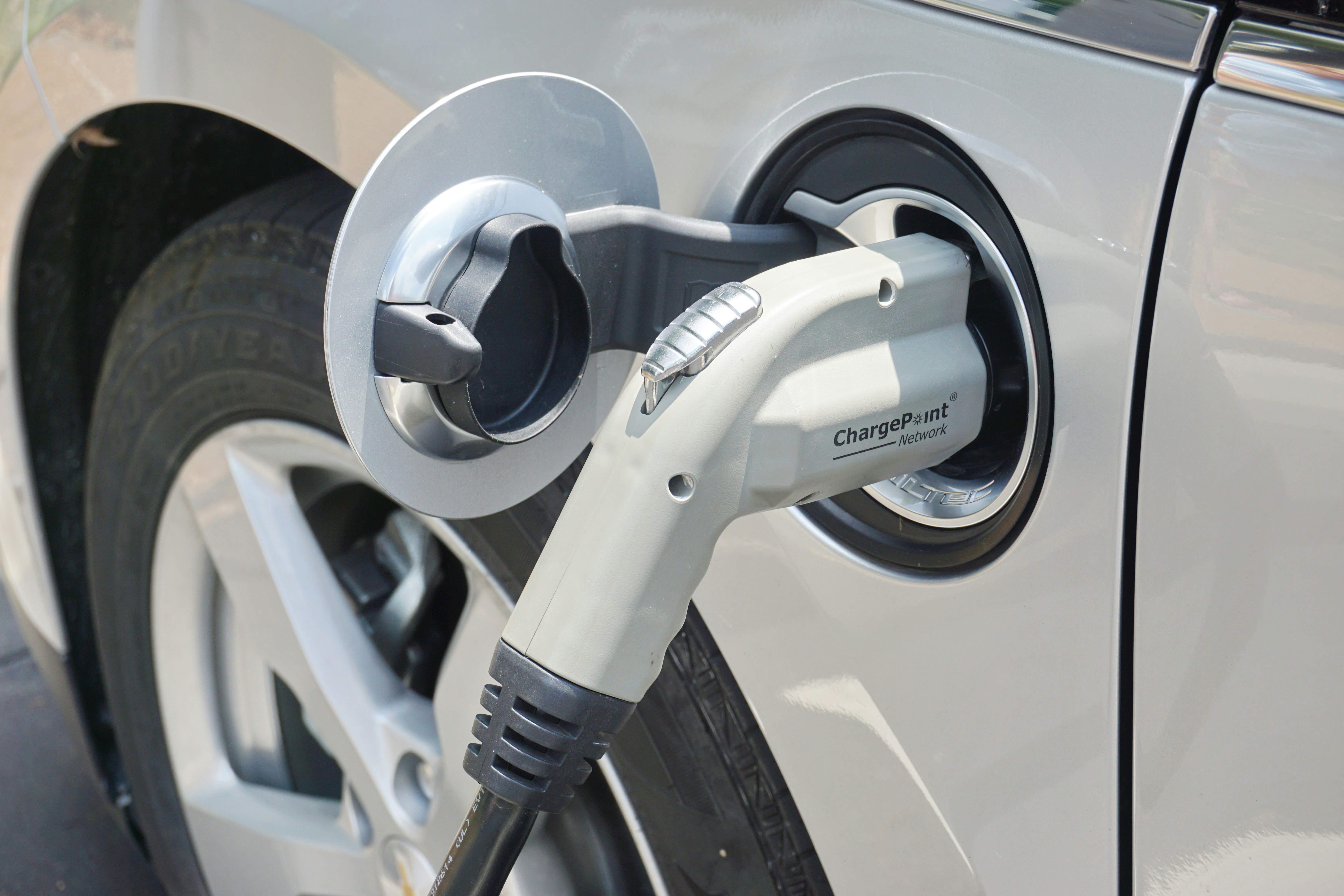According to research, 30% of all vehicle sales by 2025 will be hybrid electric vehicles and EVs. For this reason, vehicle manufacturers are doing their best to meet the demand for EVs. This has been due to the carriers in the supply chain resorting to running clean vehicles. It is important that electric vehicles are allowed to transform the supply chain industry. This article contains some trends in the emerging electric vehicles market and looks into how they will affect the supply chain sector.
Rising demand for electric vehicles
The demand for electric vehicles in the supply chain has shown no signs of slowing down any time soon. This comes at a time when most car shippers are starting to change their fleet in favour of EVs. This could mean that the number of automobile manufacturers that produce EVs will rise to merge or exceed the traditional ones in the future. The demand for these vehicles has increased shipping costs, which comes as transporters plan to increase the clean fleet to promote a clean environment. Here are the trends.
- Limited supply of lithium
Lithium-ion batteries are used to power electric cars. This underscores the importance they have for the EV industry. However, there have been concerns about whether there is adequate lithium to support the increasing demand for these vehicles. Because of the increase in the demand and consumption of lithium-ion batteries, there have been reports that lithium is running out worldwide. This is not good news considering the critical role it plays in the EV industry. For the supply chain industry, it is even worse, especially for car transporters. Industry professionals have already pointed out the possibility of lithium running out by 2025, which is a worrying revelation.
- Consumption
Consumption has been one of the leading concerns for vehicle transporters across the world. Because of the high costs of gasoline of shipping trucks, car shipping costs have risen. However, with the change to a more energy-efficient fleet and electric vehicles, the cost of shipping will reduce. Energy-efficient trucks are known for low consumption of gas and less pollution. This is a good thing for the environment considering the recent campaigns to mitigate pollution and pollution-related diseases. With the advancement in the EV sector, efficiency will be crucial, and the environmental pollutants will be minimized substantially. This is what car transporters want to achieve. Like many other industries, they are interested in contributing to a cleaner environment while keeping up with the regulations.
- Changes in the value chain to support change
When the electric vehicles craze takes charge, everything in the sector, starting from manufacturing systems, vehicle ownership and environmental care, will need consideration and overhaul. Fundamental changes that include removing traditional components such as gearbox and combustion engine, new car modules and adapting the traditional elements like air-conditioning units, brakes and steering systems will be necessary to meet the new changes. While these changes might take some time before completion, they are indeed happening one way or another.
As things are, the supply chain industry is one of the sectors that will be transformed significantly by electric vehicles. The industry will see a significant change in trucks, although this has been happening gradually. As the call for environmental conservation continues rising, car transportation companies will replace their fleets with environmentally-friendly vehicles.





